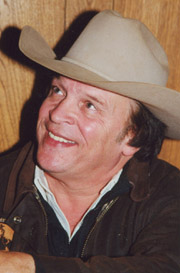Went to a Loudon Waingwright III concert last night. Among the songs he performed was one of my favorites, from the CD “Here Come the Choppers
,” called Hank and Fred. It’s about the day Wainwright heard the news that Fred Rogers
had died and was inspired to visit Hank Williams’ grave in Montgomery, Alabama. If you aren’t familiar with Wainwright, you might wonder how that experience could translate into a song and where I am going with this.
If you are interested, you can click on the links and read the lyrics or listen to the song. But every time I hear “Hank and Fred,” it reminds me of another story, about the day Hank Williams died. This one was told to me  by Lee Garner, “Mr. Batesville, Mississippi” to cutting competitors. Garner, an NCHA Non-Pro Hall of Famer, NCHA Non-Pro World Champion, and NCHA Futurity Non-Pro Champion, built an arena 20 years ago outside of Batesville to accommodate local cutters. Since then, the arena has been replaced by a first-rate indoor facility that draws weekend competitors from all over the U.S.
by Lee Garner, “Mr. Batesville, Mississippi” to cutting competitors. Garner, an NCHA Non-Pro Hall of Famer, NCHA Non-Pro World Champion, and NCHA Futurity Non-Pro Champion, built an arena 20 years ago outside of Batesville to accommodate local cutters. Since then, the arena has been replaced by a first-rate indoor facility that draws weekend competitors from all over the U.S.
Although short on the pathos and pain of those two geniuses Williams and Wainwright, Garner, like them, is an irrepressible storyteller. Here’s his recollection of the day that Hank Williams died:
“In Batesville, my grandfather had a ten-acre pasture right there in town. It was right across the street from my house, and his barn was less than a hundred yards away. Back then it was a small town of about 1500 and there were a lot of kids that had horses.
“My father had to ride a horse to school and plow behind a horse during the Depression and he didn’t see anything glamorous or exciting about horses. He thought horses and mules were a thing of the past and he didn’t want me to have one. But my grandfather, my mother’s father, got me a pony, when I was four.
“I remember when I first saw it. I was in the barber’s chair getting a haircut and I could see his truck with high planks on the sides go over the railroad tracks in the town square and I could see a spotted pony in the back. I started screaming and hollering that my grandfather had gotten me a horse, and jumped out of that chair and ran out to flag him down.
“My brother was a year younger than me and we thought that you were supposed to be able to go anywhere you wanted to go on a horse. We got into all kinds of trouble. All the ladies in town had real nice yards. We could mess up the Yard of the Month so fast it would make your head spin. We had everybody calling my mother, asking her to please keep that horse out of their yard.
“I would stay in my grandfather’s barn. That’s where I was on January 1, 1953. We were shooting firecrackers in the hayloft. It was the day that Hank Williams died and the day I burned down my grandfather’s barn. When my daddy got hold of me, the last thing I wanted to see was a firecracker.”
The experience didn’t, however, sour Garner on Hank Williams. He is as big a fan of music as he is of cutting horses, and since January 1, 1953, when he was nine years old, he has developed a lifelong habit of relating special events to special songs and musicians.
